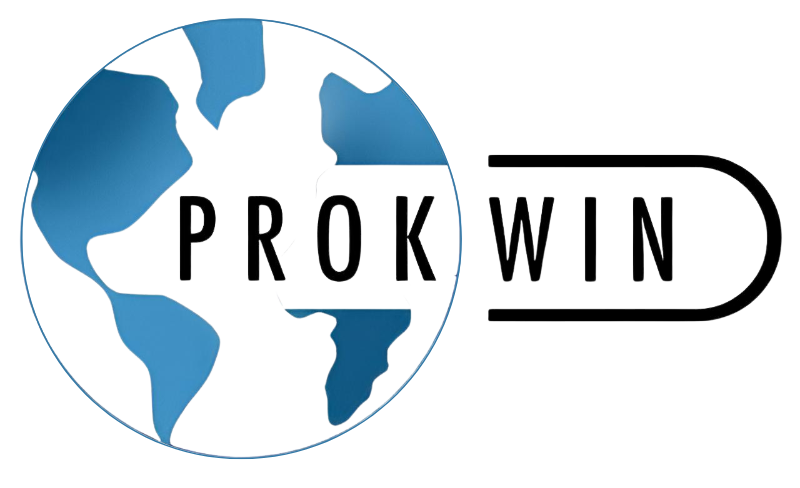AI in procurement involves using artificial intelligence technologies to automate and optimize various tasks and processes within the procurement function. This can include activities such as supplier discovery, contract management, spend analysis, and demand forecasting.
Specific Applications
1. Supplier Discovery and Evaluation:
- AI-powered sourcing platforms: These platforms use algorithms to match buyers with suitable suppliers based on criteria like location, industry, and performance history. Examples include Ariba Discovery by SAP and Coupa Supplier Network.
- Supplier risk assessment: AI can analyze vast amounts of data to assess supplier risks, including financial stability, sustainability practices, and geopolitical factors. Companies like EcoVadis and RiskRecon specialize in this area.
2. Contract Management:
- Automated contract review: AI can analyze contracts for inconsistencies, errors, and potential risks. Tools like DocuSign and Icertis offer AI-powered contract lifecycle management solutions.
- Contract compliance: AI can monitor contracts for compliance with terms and conditions, ensuring adherence to legal requirements.
3. Spend Analysis:
- Data-driven insights: AI can analyze spending data to identify cost-saving opportunities, detect anomalies, and optimize procurement strategies. Companies like Coupa and Zycus offer advanced spend analysis tools.
- Category management: AI can help categorize spend data to identify areas for consolidation and negotiation.
4. Demand Forecasting:
- Predictive analytics: AI can forecast future demand based on historical data, market trends, and external factors. Tools like IBM Watson Supply Chain and DemandCaster use AI for demand forecasting.
- Inventory optimization: AI can help optimize inventory levels to avoid stockouts and excess inventory.
Benefits and Challenges
Benefits:
- Increased efficiency: Automation of repetitive tasks reduces manual effort and improves turnaround times.
- Enhanced decision-making: Data-driven insights enable informed decisions and strategic planning.
- Cost reduction: Identification of cost-saving opportunities and optimization of spending.
- Risk mitigation: Proactive risk assessment and management.
- Improved compliance: Ensures adherence to contract terms and regulations.
Challenges:
- Data quality: The accuracy and completeness of data are crucial for AI algorithms to provide reliable insights.
- Implementation costs: Implementing AI solutions can require significant upfront investment.
- Resistance to change: Overcoming resistance from employees who may be concerned about job security or the learning curve associated with new technologies.
- Ethical considerations: Ensuring that AI algorithms are unbiased and do not perpetuate discriminatory practices.
Trends and Outlook
- Increased adoption of AI-powered platforms: Procurement organizations will continue to invest in AI solutions to streamline processes, reduce costs, and improve decision-making.
- Advancements in natural language processing (NLP): NLP will enable more intuitive interactions with AI-powered systems, such as using natural language to search for suppliers or analyze contracts.
- Integration with blockchain technology: Blockchain will enhance contract transparency, security, and traceability, further improving procurement efficiency and compliance.
- Ethical AI and data privacy: Organizations will focus on developing AI solutions that are ethical, unbiased, and comply with data privacy regulations like GDPR and CCPA.
- AI-driven sustainability: AI will play a crucial role in driving sustainable procurement practices by analyzing supplier sustainability performance, identifying opportunities for improvement, and promoting ethical sourcing.
As AI technology continues to evolve, its applications in procurement will become even more sophisticated and transformative. Organizations that embrace AI will be well-positioned to thrive in the competitive and rapidly changing procurement landscape.

No responses yet